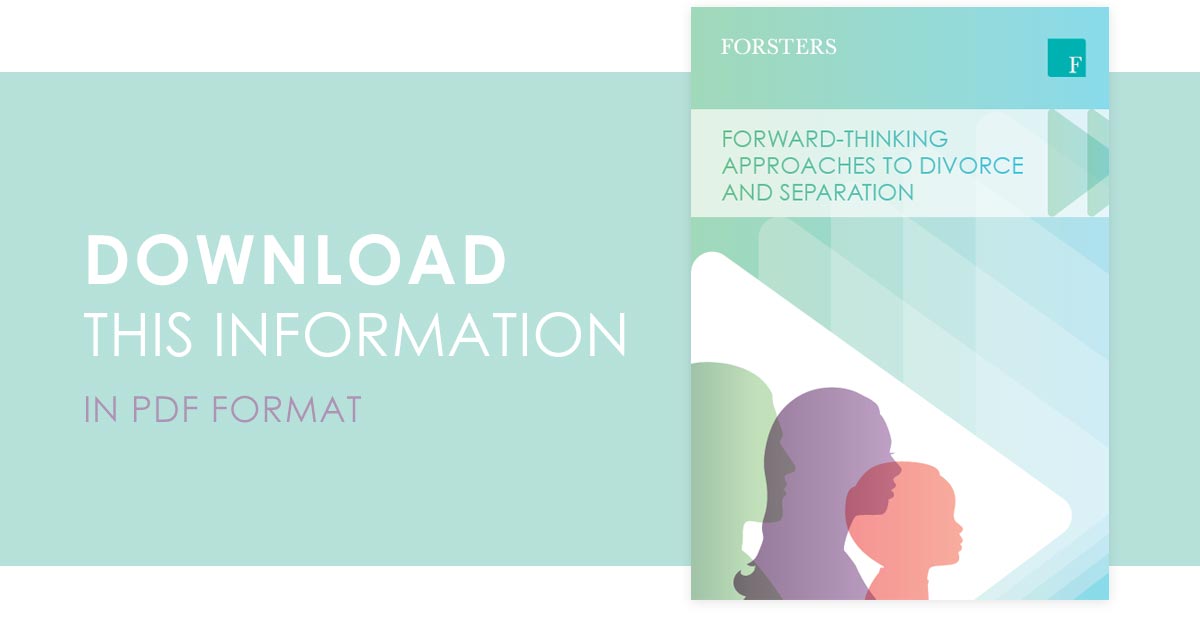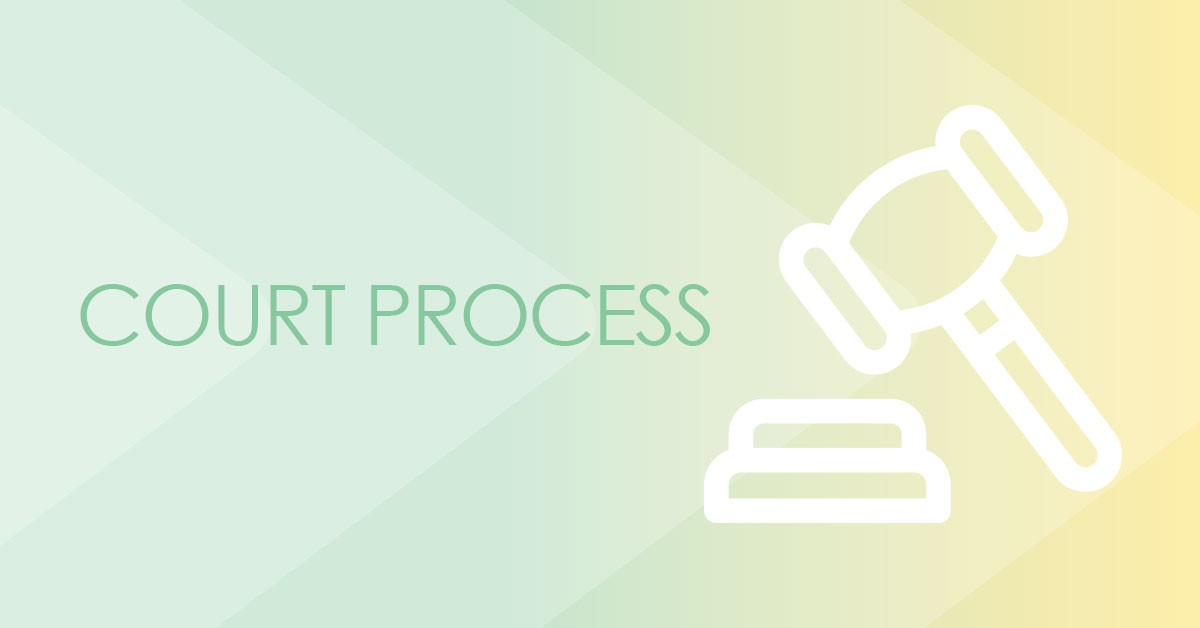Private FDR
Private FDR (Private Financial Dispute Resolution) involves the separating couple privately hiring a judge for a day to provide an evaluation of the likely outcome of the financial matters.
The process
A private FDR is the private equivalent of the second hearing in financial remedy proceedings at court. The main differences are that the separating couple:
- choose their judge – a solicitor, senior barrister or retired high court judge
- pay the judge’s fees
- the ‘hearing’ takes place out of court, at a more comfortable venue, such as a hotel conference room
The judge will have read the case papers and on the day will listen to the representations of both parties’ barristers, before providing an ‘indication’ as to the overall settlement and any particular areas of dispute. Unlike arbitration, the judge’s indication is not binding: it is intended to be an aid to settlement.
Each party will go back to separate rooms and the respective barristers will go back and forth negotiating the agreement. The parties will not be required to speak or to give any evidence, save for through their lawyers.
Early Neutral Evaluation
In some cases involving children, the couple may decide at an early stage to seek an early neutral evaluation from a specialist judge or barrister, as to the likely outcome if the case was litigated.
Suitable circumstances
Private FDR is particularly suited to separating couples:
- where both parties are far apart in positions but there is still a desire to try and reach an agreed settlement. The expert input of a neutral third party can be extremely useful in bringing the sides closer together
- where court congestion means that there is a significant wait for a court-based hearing
- in cases which have ‘got stuck’, paying for the judge and attending the hearing can focus everyone’s minds
- where clients wish to negotiate in private and away from the public eye.
Benefits
- Privacy – it offers more privacy as the venue can be far more discreet than a busy court building.
- Comfort – it is far more flexible and civilised than a court-based FDR.
- Specialist judge – the judge will be a financial specialist (as opposed to judges at court who may be better versed in children matters). They will have read the papers and will have plenty of time to see you when you require their input, which is often not the case in court.
- Without prejudice – this means that you are free to negotiate without any proposal you may make being repeated should your case ever go to a final hearing.
- Speed – private FDRs can be booked on a date of your choosing (subject to the judge’s availability) and at relatively short notice.
Around 80% of cases settle just after FDR/ private FDR stage. - On your terms – if successful, being able to agree an outcome is in general far preferable to having one imposed on you.
Our insight
Other than the cost of the judge’s fees, private FDRs are far preferable in our view to court-based FDRs. The judge will be a specialist in financial matters and will have time to read the papers and advise the parties.
CASE STUDY
A husband was advancing unrealistic arguments that money he inherited many years ago should be ring-fenced for his benefit; even though doing so would mean that the wife’s housing needs could not be met. The separating couple agreed to private FDR.
Having the voice of an independent, authoritative expert explaining why that was a non-starter and how he would lose that point at a final hearing, removed a major obstacle to a negotiated settlement.
A private FDR or early neutral evaluation will stand the strongest prospect of success if the judge is well-prepared and commands the respect of the parties.
At Forsters, we work closely with the most able private FDR judges and are able to advise as to who will be most suitable in your case. We will ensure that all the necessary information is provided to the judge, that you understand the process and feel supported throughout.
Court Process
Anyone going through divorce or separation can make an application to the Family Court to have their legal dispute resolved.



